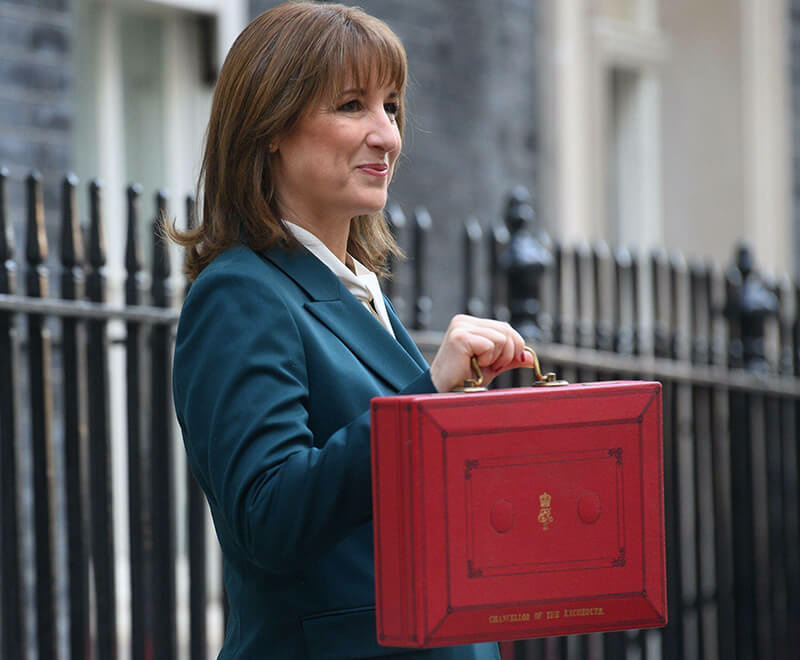Only 54% of young people aged 18-24 voted in the 2019 election – the lowest of any age group. Youth disengagement in politics is alarming, but the UK is taking steps to address this.
In July, the Government lowered the national voting age to 16 – a key part of the Elections Bill which helped Labour win office. The argument for lowering the voting age is clear. Many young people contribute to the economy or serve in the military, so it is only right that they have a say in how this country is governed. Evidence from Scotland suggests that the earlier you vote, the more likely you are to stay engaged in politics.
Even though lowering the voting age is a step forward, case studies show us that this is only one part of the puzzle – we need a stronger focus on education to better engage young people in UK politics.
Learnings from other nations
The move by Labour follows other devolved nations and countries – including Wales, Scotland, Austria and Brazil – which have also reduced the voting age. In many instances, this has been a success. Political engagement among young people in Austria increased after 16- and 17-year-olds were given the right to vote, for example.
The case in these nations is promising. However, in Wales’ 2021 election, barely half of 16- and 17-year-olds registered to vote. Generally, young people today are less likely to vote than their parents or grandparents when they were the same age.
This low turnout is symptomatic of a deeper issue: young people are leaving school without the knowledge or confidence to participate in democracy.
We need to engage and educate young people early. We need to show them how the system works and how their actions can change it for the better. Without that knowledge, can we really expect them to vote?
What is being done about the issue
The Government has committed to acting on the issue. As part of the Elections Bill, it has pledged to support “effective and relevant democratic education in schools” and will consider the outcome of the independent Curriculum and Assessment Review, due to be published later this year.
This is welcome news. Citizenship education has been in steady decline over the last decade, despite it being part of the national curriculum. A key part of citizenship education teaches pupils about how the UK is governed, the political system, and how they can participate in democracy.
A House of Lords inquiry into the issue in 2017-18 concluded the decline in citizenship education had a “number of causes”. These included “the revision of the national curriculum in 2013, the fact that academies are in any case not required to follow it, the low esteem in which the subject appears to be held, the decrease in the numbers of trained teachers and the corresponding fall in the numbers taking citizenship GCSE”.
Based on these conclusions alone, it is hard to argue that the low youth vote in Wales’ last election was a result of anything other than a lack of political education. Without progress, the story could be similar at the next general election.
Lowering the voting age is welcome and necessary. But if we want to see a genuine increase in youth turnout, we must give young people the knowledge and confidence to use their vote. Political parties are using new tactics to engage with the youth, such as through platforms like TikTok. Reform have seen particular success here. But the Government – together with schools – must commit to building political literacy. This could involve schools running mock elections or partnering with youth-focused NGOs to campaign on certain rights for young people.
Only then will young people feel empowered to shape their democracy.



